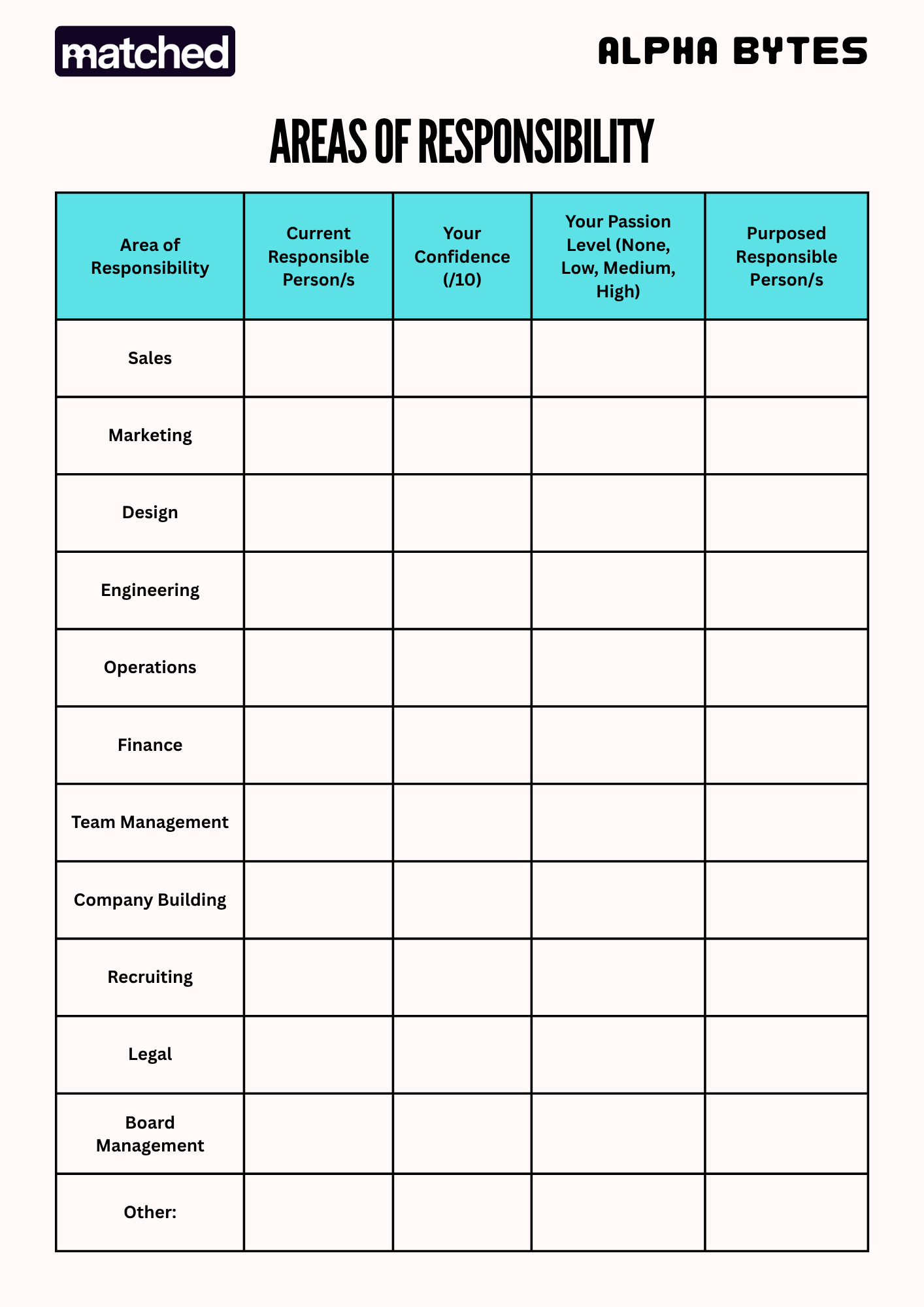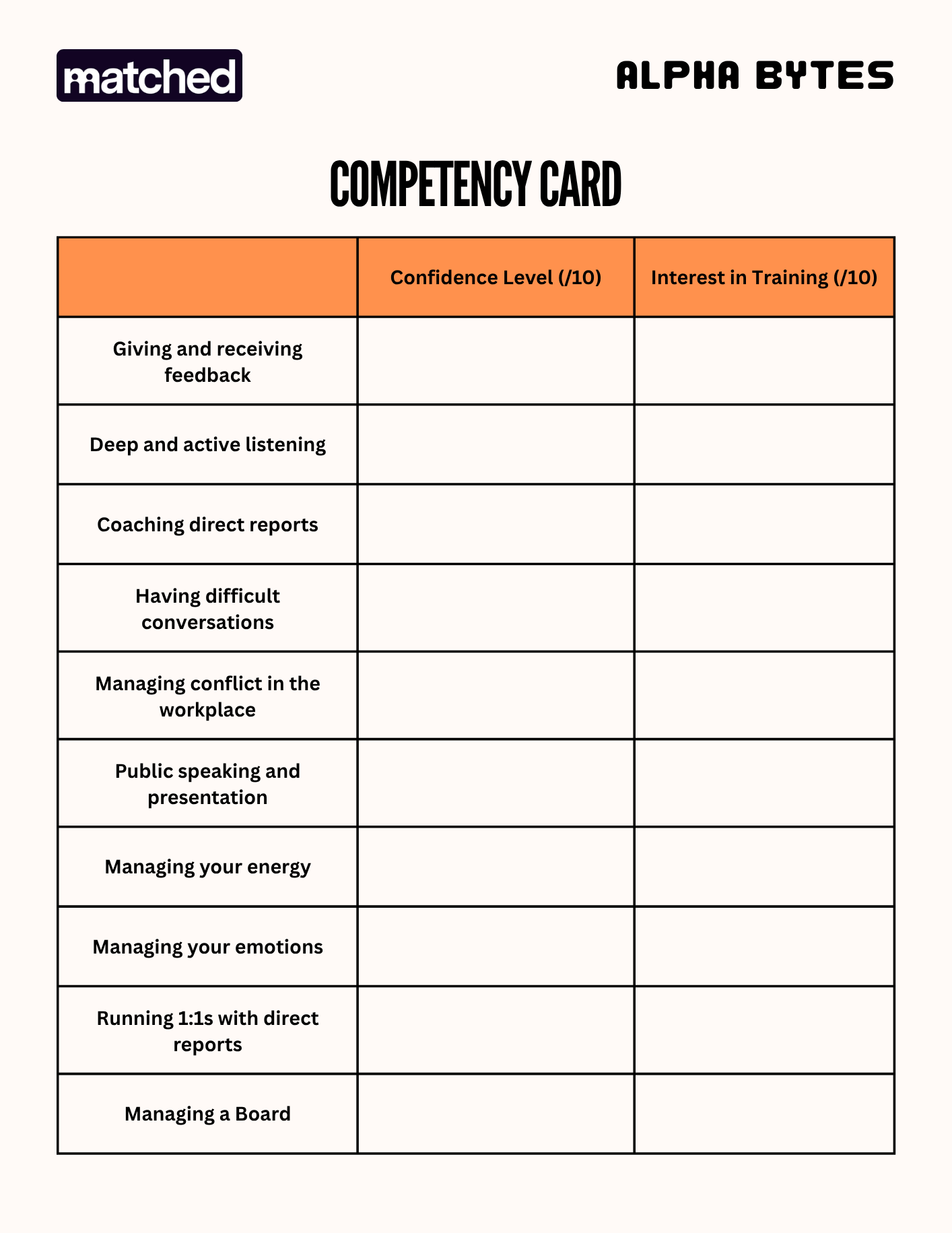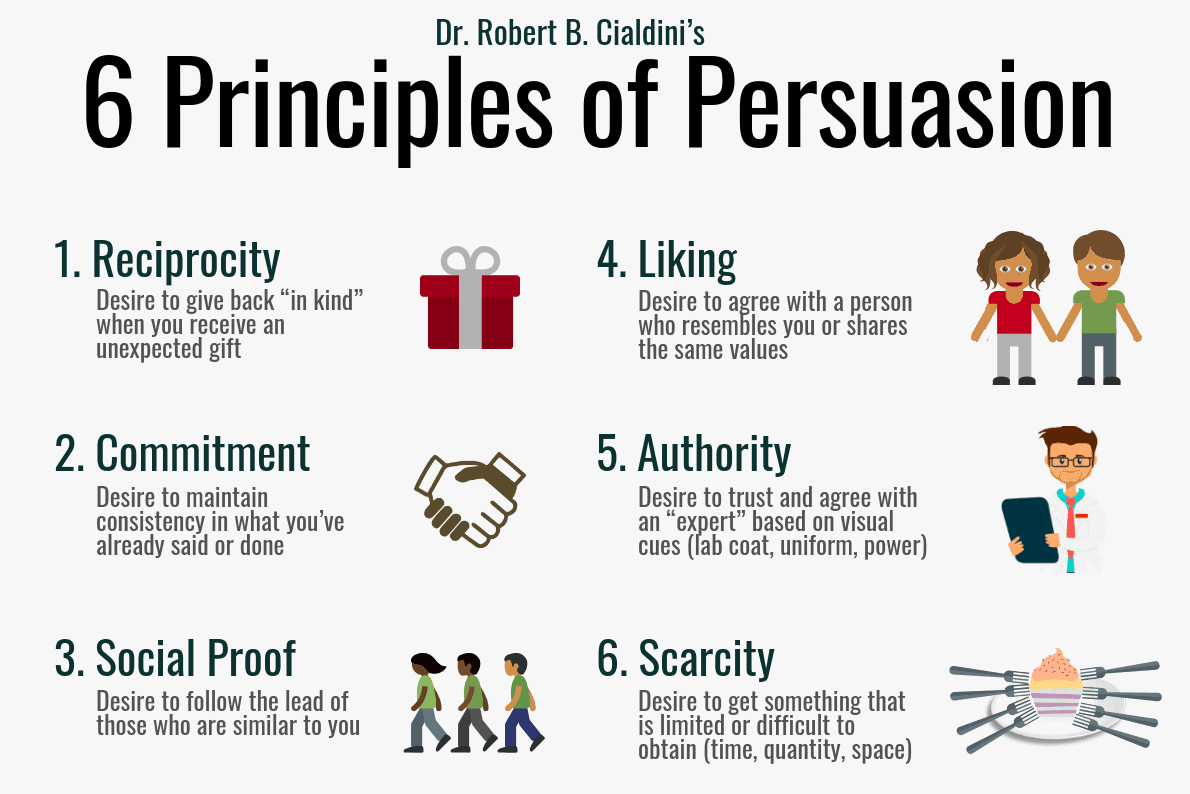Welcome to the deep-dive (Tactical Field Guide) edition of the newsletter. This is where we go down the rabbit hole on tactical advice to help you become a better builder, leader, and thinker. We also release a weekly newsletter (The Weekly Signal) showcasing the latest curated signals that caught our attention. Thanks for reading.
Dear Readers:
Over the years, I’ve seen countless founders wrestle with the same challenge: finding advisors who can not only truly move the needle for them in their careers and businesses, but also people they can trust and lean on in the good and not-so-good times. Too often, founders lean on the wrong voices or just struggle to connect with experts who understand their stage and needs. This results in wasted time, misaligned strategies, or missed opportunities.
Who is this for?
If you’re a founder, entrepreneur, and operator looking to get ahead, then this post is for you. Whether you’re launching a startup or scaling a growing biz, a strong advisory network can be your secret weapon because it can offer expertise, connections, and clarity to tackle tough challenges.
That’s why I’m super stoked to bring on someone who’s been through it all and understands how to navigate the advisory landscape better than anyone.
Jessica Box was a long-time (and early) operator at Linktree, helping grow the company to over 20 million users as Head of Growth. Jessica is the perfect voice for this because she’s been on both sides of the table — an advisor and advisee. She’s experienced the highs and lows of working with the right (and wrong) people.
Today, she’s the founder of Matched. A platform to help people connect with vetted experts (from Meta, Canva, CultureAmp, Bain, KPMG, and many more), making high-impact advisory accessible to all.
If you want to learn more about Matched, you can book a free call where you can connect with top-tier advisors tailored to your goals.
Today, we’ll go over:
Understanding Advisory Networks
Identifying Potential Advisors
Approaching and Engaging with Advisors
Establishing the Advisory Relationship
Maintaining and Nurturing the Relationship
Using Advisors Effectively
Overcoming Challenges
Personal Experience and Insights
Let’s dive in.
Before launching Matched, I was someone who was deeply entrenched in navigating the startup world, specifically at Linktree, relying on my advisory network to guide me through challenges and opportunities. However, over the years, I’ve learned what it takes to build a robust advisory network, and I’ve poured that knowledge into not only this post but also into building a platform (Matched) to help others do the same. In this deep dive, I’ll share a comprehensive, tactical guide to building your advisory network, drawing from my experiences and insights as an operator, entrepreneur, and innovator.
Why Advisory Networks Can Be Your Secret Weapon
When I started my entrepreneurial journey, I quickly realized I couldn’t do it all alone. I was pretty strong in growth and marketing, but there were other areas of the business that were just outside of my comfort zone. That’s when I turned to advisors—you can call them your “team of Avengers,” each bringing unique superpowers to the table.
The purpose of advisors is to fill knowledge gaps, challenge your assumptions, and provide support during the rollercoaster of not only entrepreneurship but also your career as an operator and anyone wanting to get ahead.
Advisors aren’t just for when you’re stuck; they’re essential at every stage of your business. In the early days, they help you find product-market fit or secure initial funding. As you scale, they guide you through operational challenges or market expansion. Their external perspective is invaluable, especially when you’re deep in the weeds of your business. They ask tough questions, like “Have you considered this risk?” or “Is this strategy aligned with your long-term vision?”
Beyond technical expertise, advisors combat the loneliness that often comes with being a founder. Let’s face it, entrepreneurship can be really isolating, but having a sounding board provides emotional resilience. They’ve been through the trenches and can offer not just advice but empathy.
Advisors also open doors. Their networks can connect you to investors, partners, or talent you might not otherwise reach. Their endorsement lends credibility, signaling to stakeholders that your venture is worth betting on. For example, when I was at Linktree, our advisory board helped us navigate scaling challenges, contributing to our growth from 4 million to over 20 million users in just two years.
In short, advisors are huge force multipliers. They amplify your strengths, shore up your weaknesses, and help you build a stronger, more resilient business.
In summary, their role is to:
Help with key skills that don’t exist within the business
Enable you to look around the corners of company stages you haven’t seen yet
Ensure you can ‘get on the balcony’ and outside the business, as they’re not in the day-to-day
Ask exceptional questions to bring out the answers you already know
Challenge the thinking you have to ensure you’re strategy is sound
Have coffee/wine with you when everything is falling apart 🥹
Celebrate with you during launches, go-lives, and key milestones
Identifying Potential Advisors
The first step in building your advisory network is pinpointing where you actually need help. Take a hard look at your business and identify areas where you lack expertise, confidence, or passion - it could be sales, marketing, finance, operations, or even leadership.
When I was leading growth at Linktree, I’d taken the business to over 20 million customers, and I’d never seen that kind of scale from the inside and at such an early stage. So I knew I needed to find a way to upskill, and quickly, to learn what to expect in the next stage.
Here’s a tip that I learned: map the key areas of the business, who owns them if you have a co-founder or team, the confidence level in your skills, and who’s currently responsible (equally as helpful for solo founders, too!)
Sales
Marketing
Product Strategy
Design
Engineering
Operations
Finance
Leadership
Team Management
Company Building
Recruiting
Legal
Board Management
The point of this exercise is to figure out which areas you need help in and whether you should delegate certain areas to others based on your confidence, expertise, and even your passion level.
Here’s a visual framework to help you navigate in choosing the right people for the right areas, at the right time.
You can also use the competency card (below) to confirm to yourself if there are any soft skills you need support with.
For each skill/competency:
Score your level of confidence:
1 = extreme lack of confidence, 10 = extreme confidenceScore your interest in receiving further training in this skill/competency:
1 = extremely disinterested, 10 = extremely interested.
To identify the types of advisors you need, look at the areas with low confidence and also low passion — they’ll help you close the gap and suit the long-term needs.
For the short-term needs, for coaching or mentoring, identify the overlaps in training interests and confidence level.
When looking for advisors, I would find a sample of people who could fit each of those gaps and speak with them. The best ones will have a clear area they engage in, but the absolute MUST have is values alignment with you and/or your founders.
If you’re not values aligned, they won’t be the right people for you through the ups and downs. Ask them questions to extract this clarity and walk away if they’re not a fit — this is totally normal.
Finally, when evaluating advisors, relevance trumps seniority. A mid-level expert who’s navigated your specific challenges is often more valuable than a high-profile name with no direct experience. For example, when I needed help with product growth, I sought advisors who’d scaled tech products, not just any C-suite executive.
Approaching and Engaging with Advisors
Finding the right advisors is HARD.
But once you’ve identified potential advisors, it’s time to reach out.
There are multiple paths to engage after you’ve identified your needs:
1. Book a call with advisors on a marketplace
I know I said finding advisors is hard. That’s actually why I founded Matched (shameless plug!). I see it as such an important contribution to any business and a critical need that will only grow with the displacement of jobs due to AI.
You can choose from 200+ vetted and pre-approved experts to chat with here and search based on your needs to find the right person, then book a chemistry call to see if there’s alignment of values.
At Linktree, I reached out to 20+ people on LinkedIn who had seen that stage of growth and only had 1x response, with the person being out on leave for another 3 months (which is at least 2 years in startup land, right?).
Cold outreach is challenging but still worth a shot if you’re set on a specific person.
2. Tap your existing network or get an introduction
Better yet…reach out to someone you already know.
Here’s an actual email example I’ve used to reach out to pitch an advisor that was already in my network, which gives you a sense of what you could include in your initial pitch. It uses Robert Cialdini’s six Principles of Persuasion, which helps make it more impactful. These principles can be applied in any email to influence and make your story clear.
Hey X,
Can you believe it's nearly Christmas?! This year has flown by and I want to say thank you for the pivotal role you've played in it for me personally this year. Not only at [Insert company name] (of course!) but beyond into so many different areas of support that have truly been instrumental in my growth this year.
That's why we'd love to continue the conversation in bringing you on as an advisor for [insert company name] next year. We'd be lucky to have you part of the journey we're embarking on and can already see how much impact you'd have on [key gap 1], [key gap 2] and beyond as we bring the vision to life - one very close to your heart as well!
We're working through with our (newly appointed!) legal team what advisory structure makes sense at the moment more holistically. Noting you're always in high demand, have a think and let us know what makes sense in terms of what will bring you energy in advising us on Matched (both capacity and focus areas!).
Happy to catch up post the holiday season and discuss in more detail but wanted to get this over to you before the break!
Enjoy the time with your fam and speak to you soon!
JB x
Establishing the Advisory Relationship
Keep reading with a 7-day free trial
Subscribe to Alpha Bytes to keep reading this post and get 7 days of free access to the full post archives.










